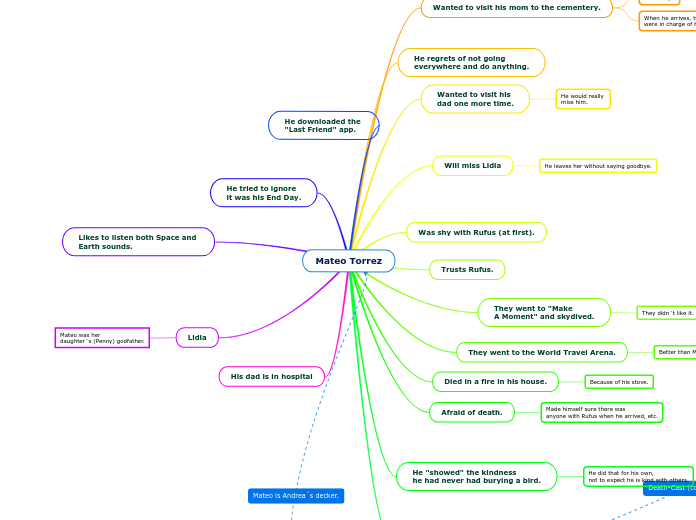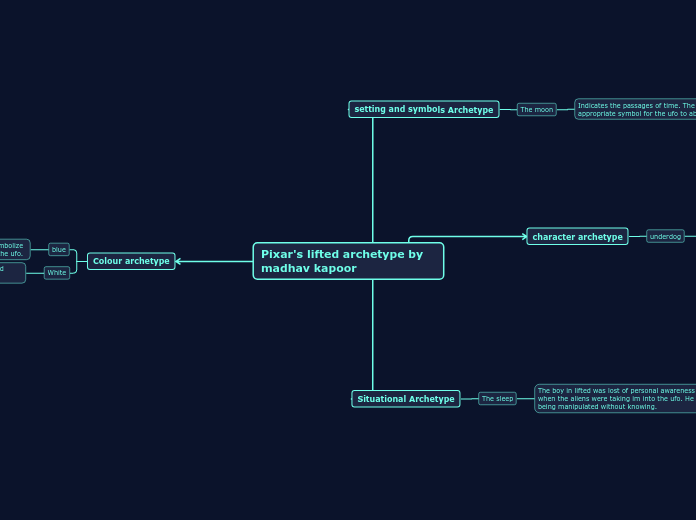The manipulative image of Iago slowly comes to light, not completely, however the extent of the depth of his plans to devastate Cassio and Othello all sprout from his manipulative actions to control Roderigo.
Loyalty is a trait that the women in the relationship seemingly descend to and continuously follows even though the latter may not. Emilia faces abuse at the words of Iago repeatedly and remains loyal, while Desdemona accused of disloyalty, remains truthful and loyal to Othello although he is the contrary.
Roderigo loses trust in Iago. Roderigo initially was a fool and follower which is why he fell for Iago's empty words. However, near the end, Roderigo beigns to become aware and questions Iago's dis-honesty.
Emilia begins to explicitly portray her true feelings towards Iago's abuse and disregard of her, when she welcomes cheating on Iago.
Iago has undertaken to provide, Othello and Roderigo what they desire. By glamorizing and laying out his plan in a very strategic manner, Othello and Roderigo fall prey to Iago helping them. However, the plan that Iago has is contradictory to what he has promised to Othello and Roderigo. Othello and Cassio seem to benefit from Iago's plans, but in reality will devastate Othello and Roderigo.
Othello -- Act 4 Scene 2 lines 171-241 -- Act 4 Scene 3 -- Act 5 Scene 1
Manipulation
Regardless of the image Iago attempts to portray, the reality is, Iago is a very manipulative person who bends rules, opinions and perspective for his benefit/gain.
“Live Roderigo, He calls me to a restitution large Of gold and jewels that I bobb’d from him as gifts to Desdemona.” (5.1.14-17)
Iago reflects on how he was supposed to convey gold and jewels to Desdemona from Roderigo , however he took them for himself and does not wish to return nor compensate while Roderigo thinks the contrary.
“I have rubb’d this young quat almost to the sense, And he grows angry” (5.1.11-12)
Iago reflects on how he has contributed to this blemishes upbringing so he serves him a purpose as he is ready to burst and now he questions Iago’s motives.
“Here, stand behind this bulk, straight will he come. Wear thy good rapier bare, and put it home. Quick, quick, fear nothing; I’ll be at thy elbow. It makes us or it mars us; think on that, And fix most firm thy resolution” (5.1.1-5)
Iago instructs Roderigo towards the use of the sword in their plan and explicitly supports him in his actions, however Iago’s manipulative character is portrayed when he says to fear nothing, I will be by your side. No to mention the fact that Roderigo comes to light if the plan goes rogue as it benefits or it significantly detriments.
Loyalty
Regardless of the disregard Iago has for Emilia, ultimately she is loyal to him throughout any hardships, as his gain is her gain.
“Ud’s pity, who would not make her husband a cuckold, to make him a monarch? I should venture purgatory for’t” (4.3.73-75)
Emilia explicitly states her loyalty to Iago. She suggests that she will sin just for his rise in status.
Desdemona
No matter what hardships she may go through or Othello puts her through, Desdemona fell for Othello’s charismatic nature and other attributes which justifies her faith in her husband regardless of anyone contradicting.
“So would not I: my love doth so approve him that even his stubbornness, his checks, his frowns . . . have grace and favour in them.” (4.3.19-21)
Desdemona remains faiful to Othello although he accuses her of disloyalty. Her love for him has not changed although Othello’s may have.
Trust
Roderigo
Roderigo’s trust in Iago begins to diminish as Roderigo begins to bemore aware to Iago's manipulative use of him due to Iago not keeping to his word.
“By this hand, I say ‘tis very scurvy and begin to find myself fopped in it.” (4.2.192-193)
Roderigo realizes that he is being used for sickening acts. Roderigo realizes his mistake in aiding Iago as he is not benefitting from it.
“With naught but truth. I have wasted myself out of my means.” (4.2.184-185)
Roderigo has now realized what he has compromised for Iago’s plan. Roderigo is so desperate for Desdemona’s love that any delay agitates him greatly.
“Faith, I have heard too much; for your words and performances are no kin together.” (4.2.181-182)
Roderigo is fed up from listening of Iago’s devious plans and has lost patience. Since Iago thought of Roderigo as a follower and a fool, he didn’t suspect Roderigo's reaction.
“Every day daff’st me with some device, Iago, and rather, as it seems to me now, keep’st from me all conveniency than suppliest me with the least advantage of hope.” (4.2.174-177)
Since Roderigo hasn’t seen any progress between him and Desdemona, he begins to doubt Iago.
Appearance VS Reality
Iago
Iago takes advantage of others by using their weaknesses for his benefit.
“Live Roderigo, he calls me to a restitution large of gold and jewels that I bobb’d from him as gifts to Desdemona.” (5.1.14-17)
The fasle pretenses Iago feeds Roderigo, differs significantly from Iago’s true actions and intentions. Rather than helping Roderigo woo Desdemona, Iago has done nothing but reap Roderigo for his own benefit.
“O no, he goes into Mauritania and takes away with him the fair Desdemona, unless his abode be lingered here by some accident; wherein none can be so determinate as the removing of Cassio.” (4.2.221-224)
While conversing with Roderigo, Iago talks so poorly of Cassio only for the purpose of reassuring Roderigo that the plan is going in the right direction. Iago also wants Roderigo to think the worst of Cassio by implying that Cassio is a barrier between him and his aspirations, so therefore he must be killed in order for the plan to succeed.
“I have rubb’d this quat almost to the sense, and he grows angry. Now, whether he kills Cassio, or Cassio him, or each do kill the other, every way makes my gain.” (5.1.11-14)
Iago explicitly speaks and portrays to the audience, his actual reasoning behind telling Roderigo to kill Cassio. By getting Cassio out of the way, he gets a higher position. Also, by Roderigo’s death, Iago’s hate for the Moor and Cassio will not leak to others.
Emilia
Act 4 scene 3 showcases Emilia’s character development as her true intentions do not reflect the obedient character she portrays to be.
“In troth, I think I should, and undo’t when I had done it.” (4.3.69-70)
Emilia states that she would cheat on Iago.









